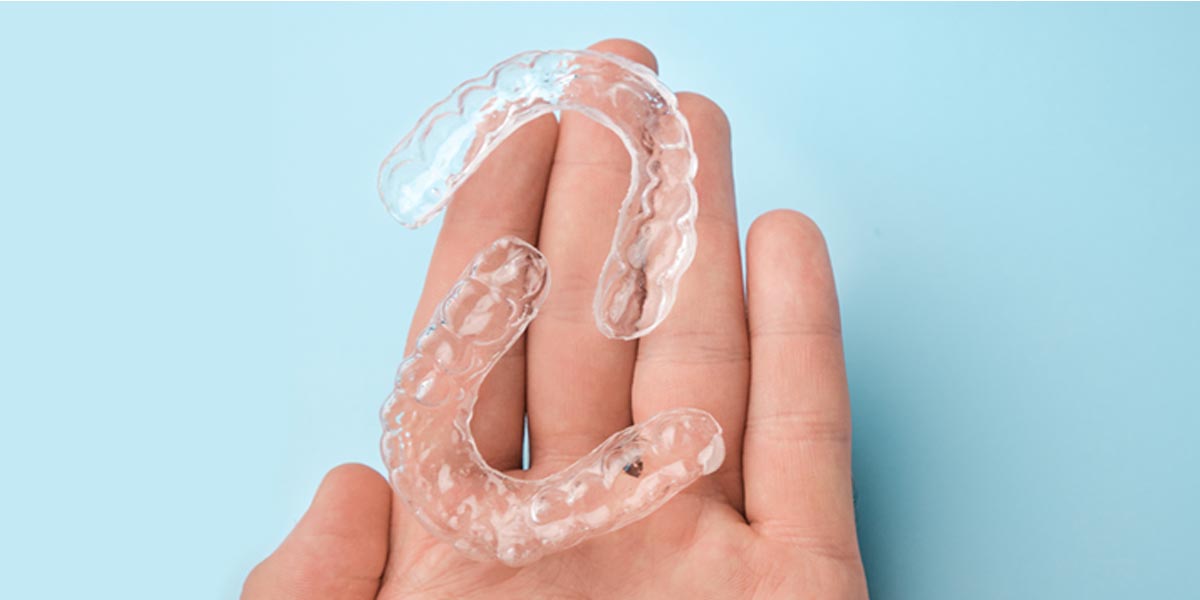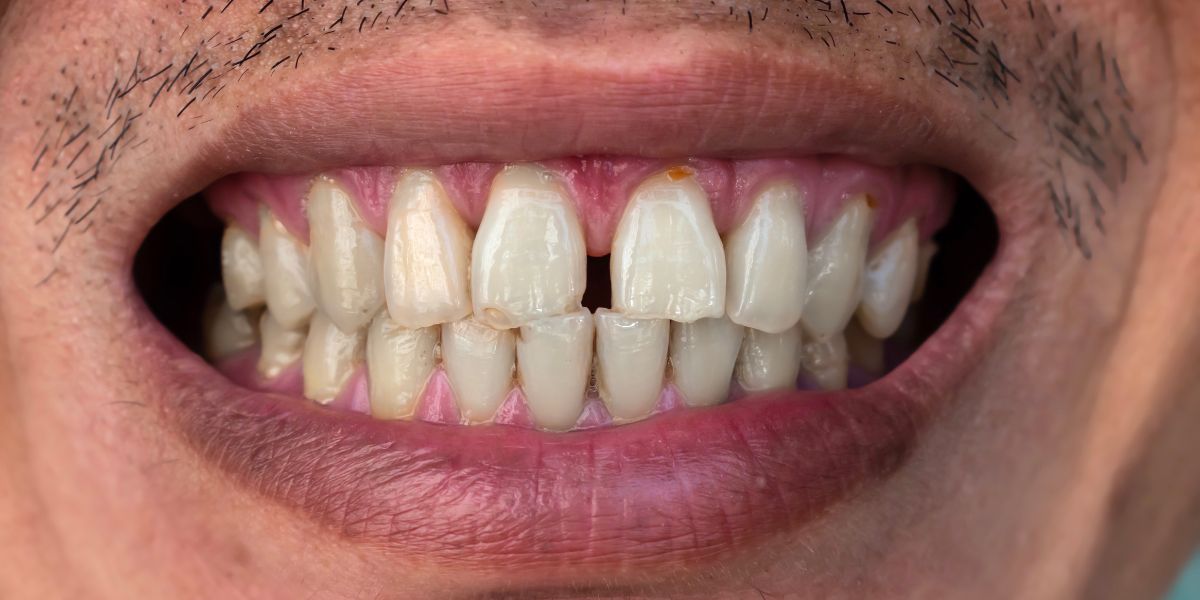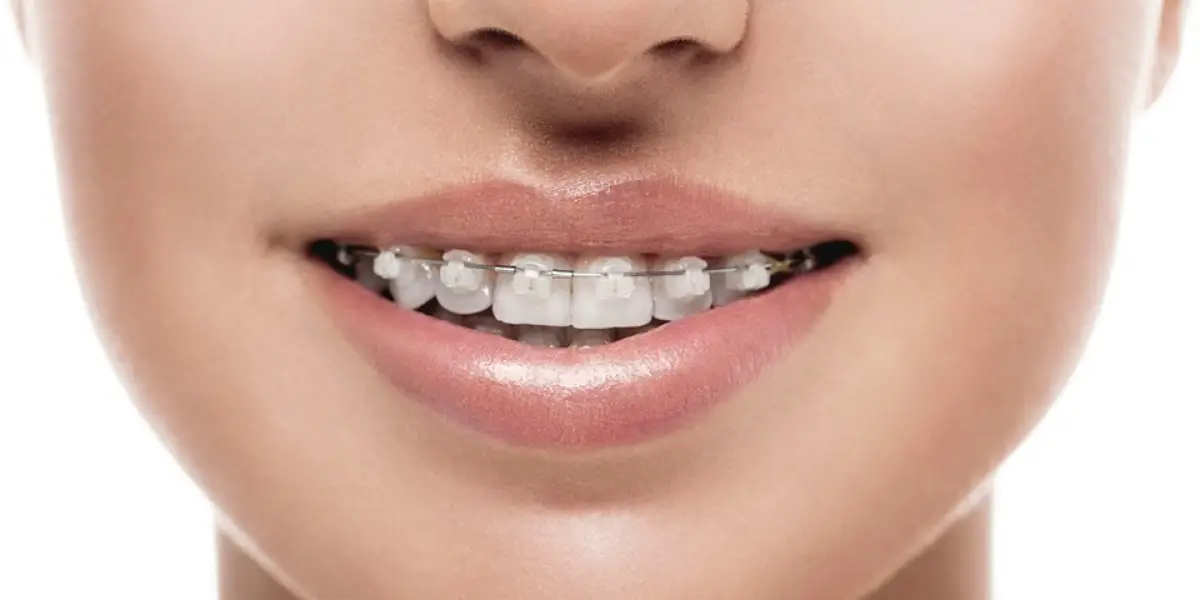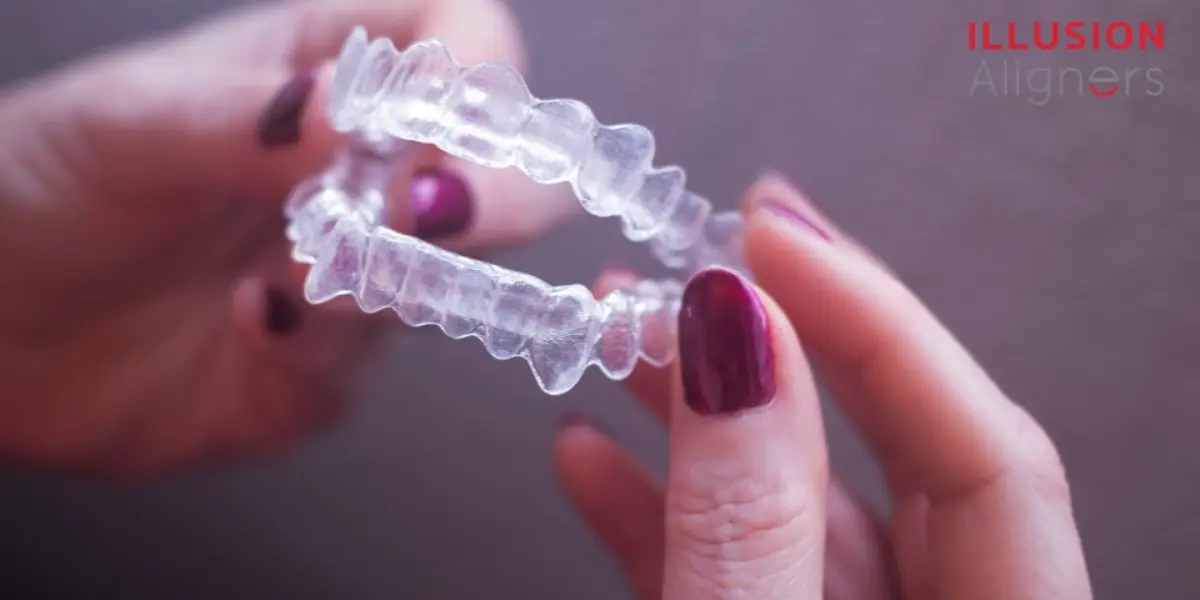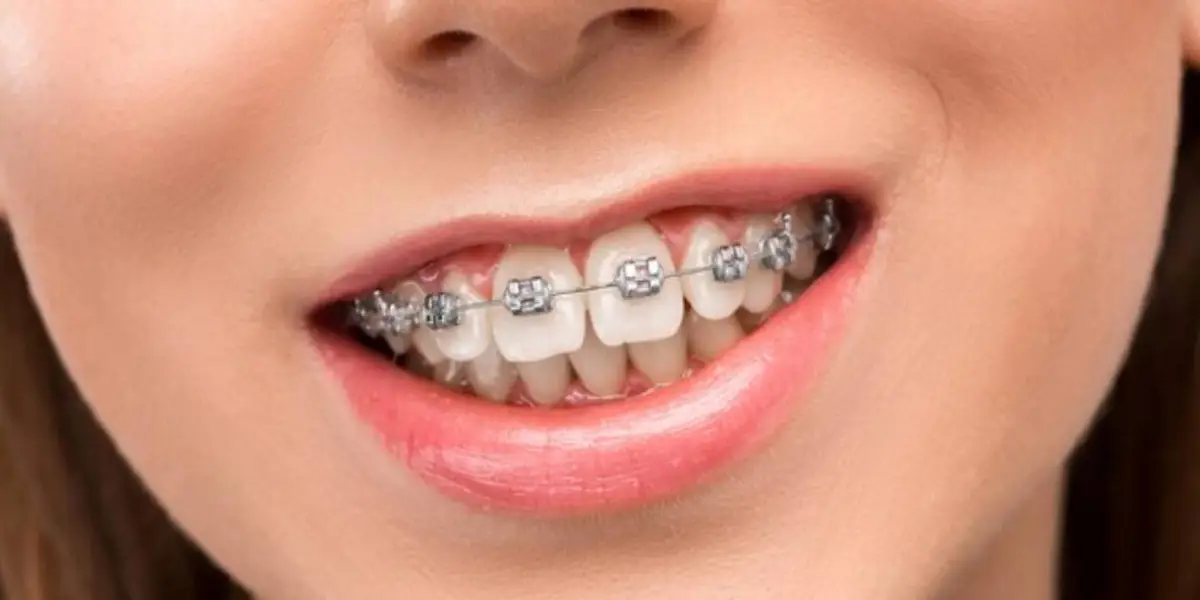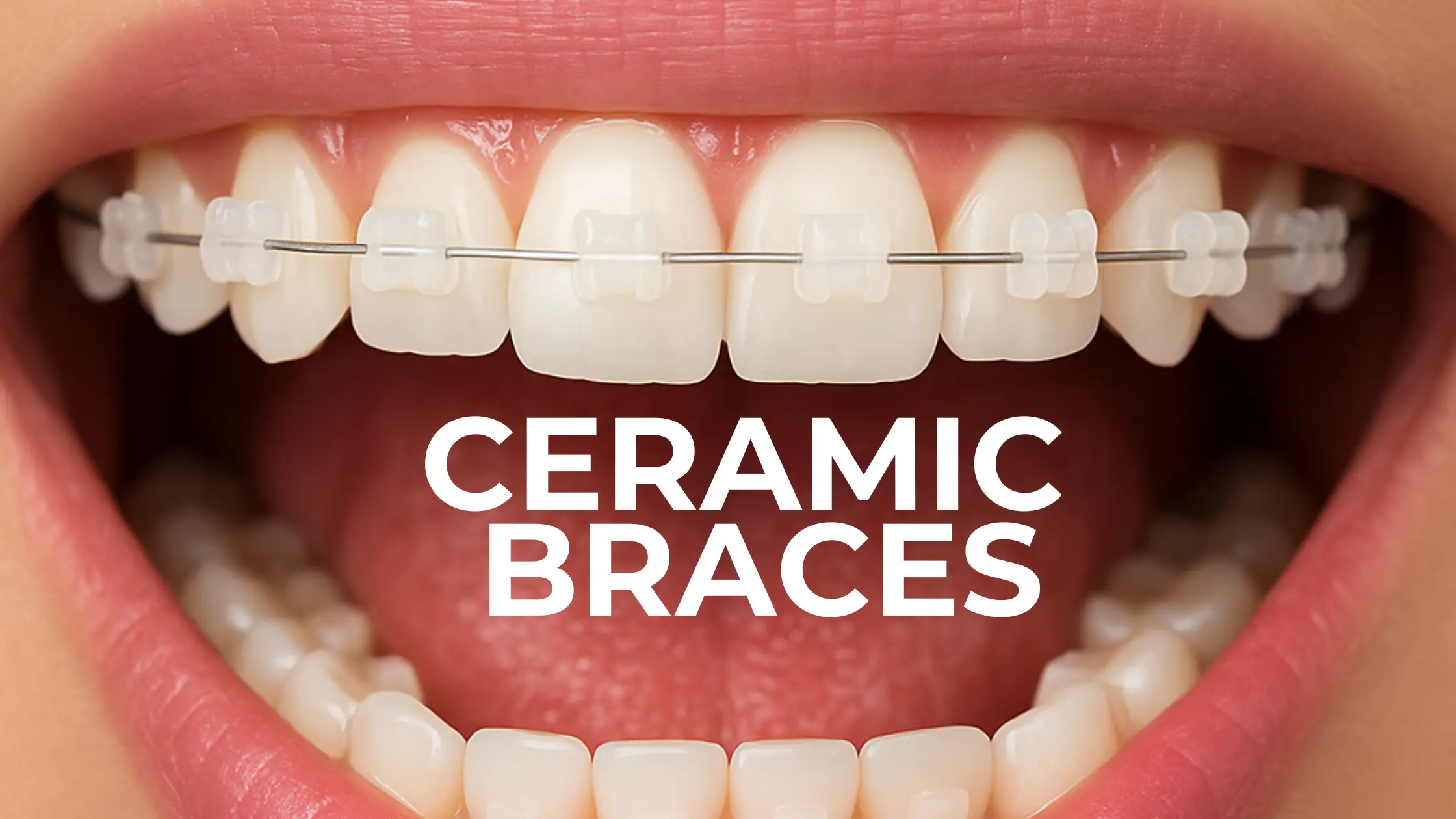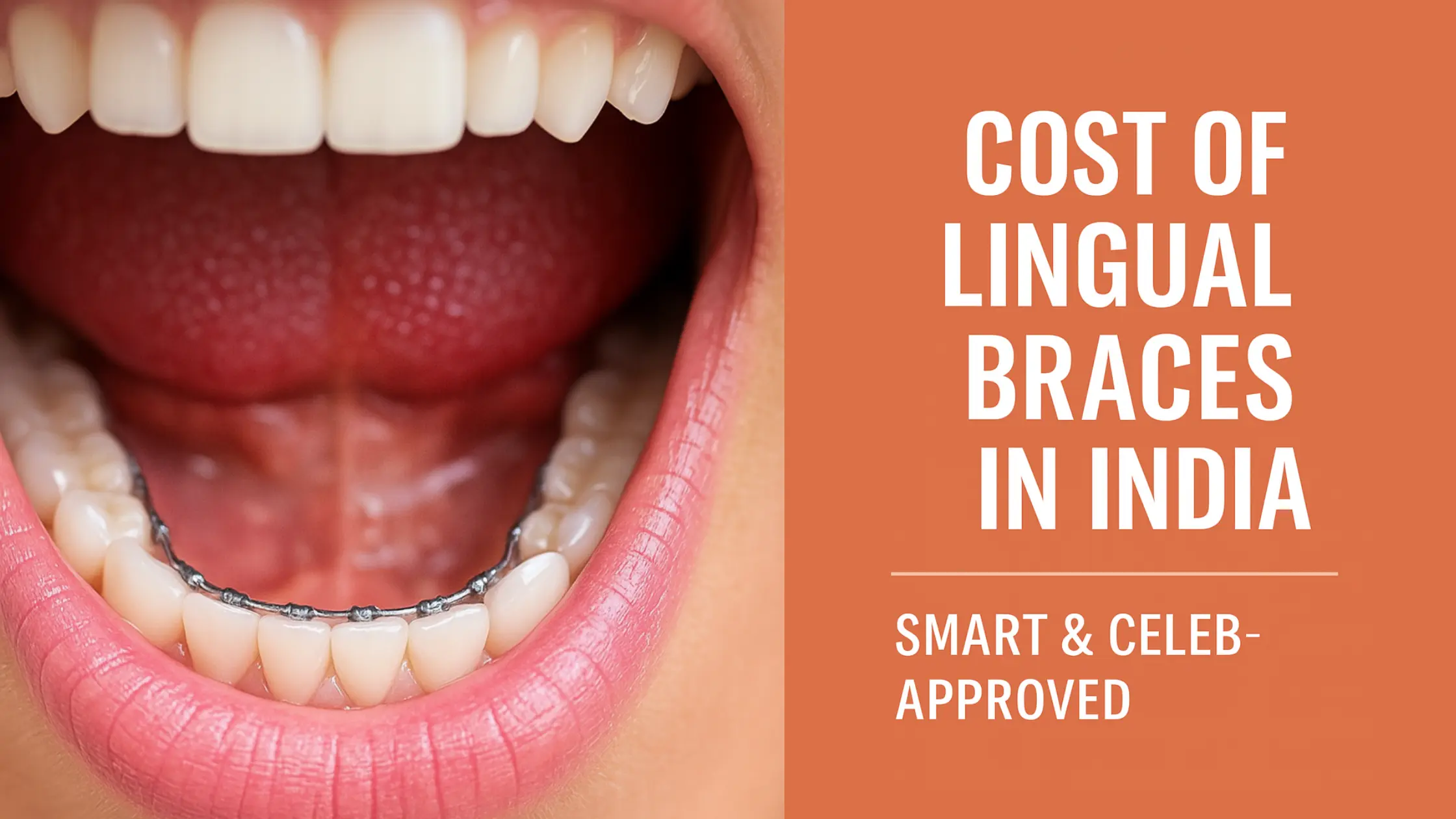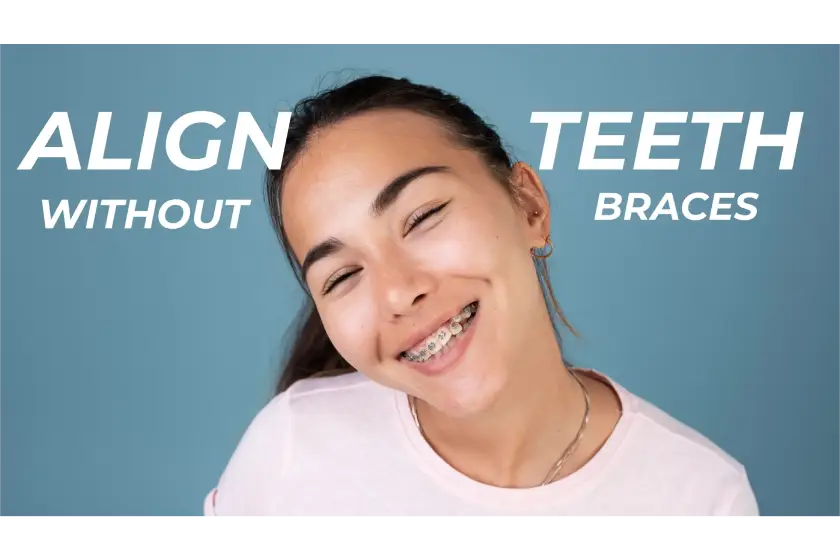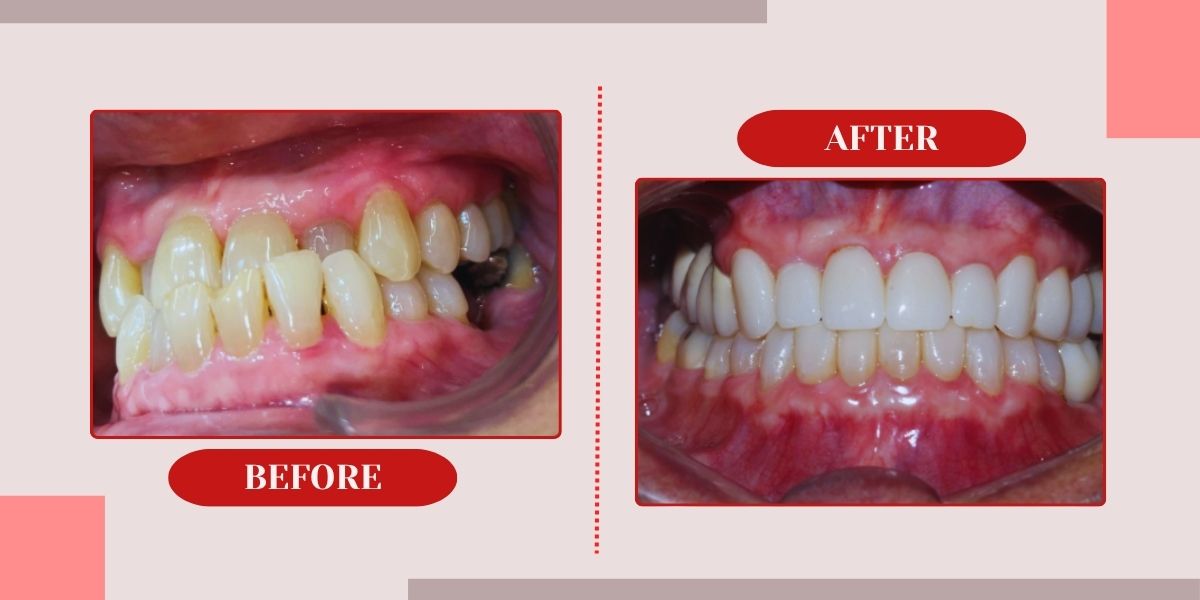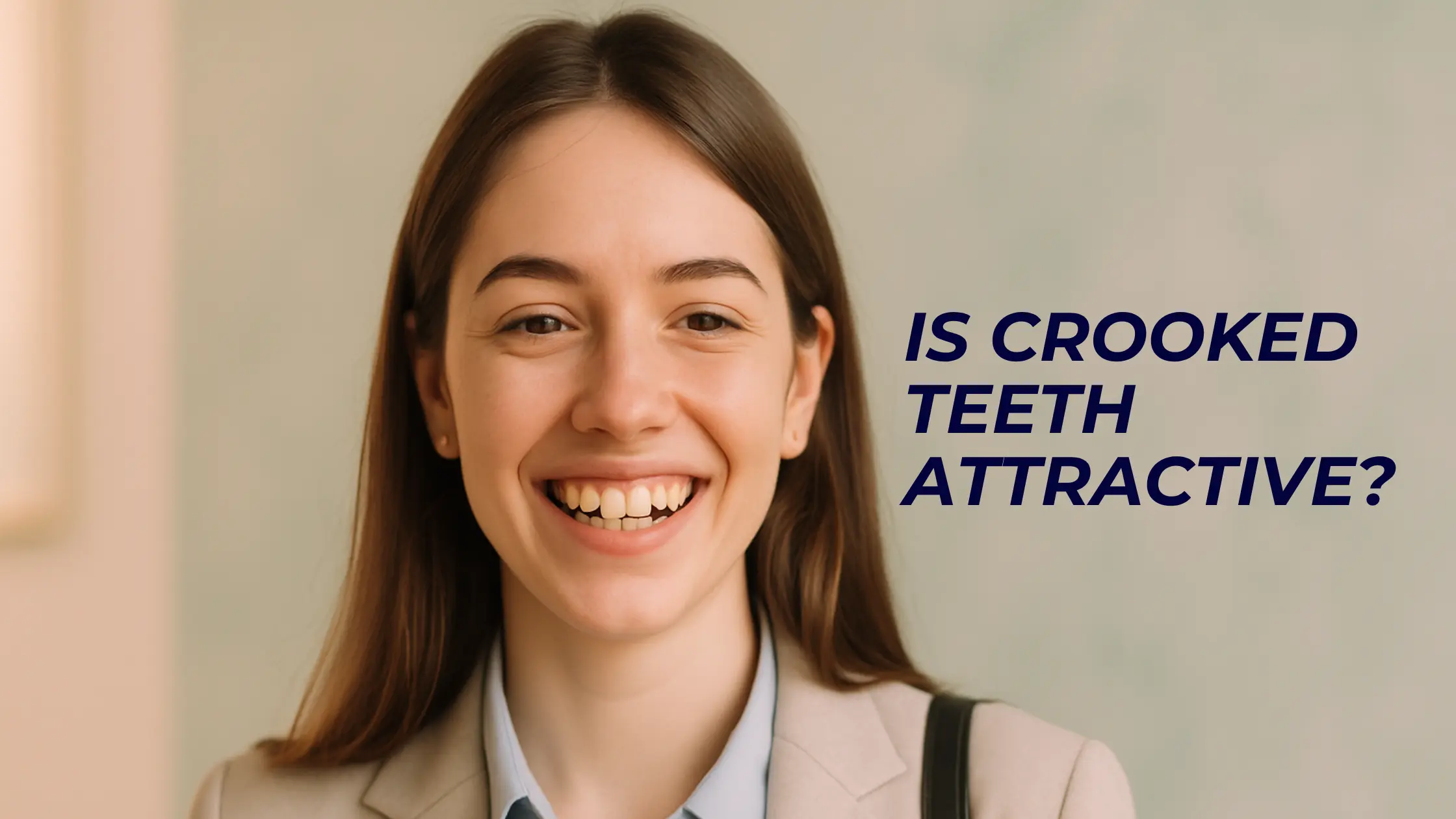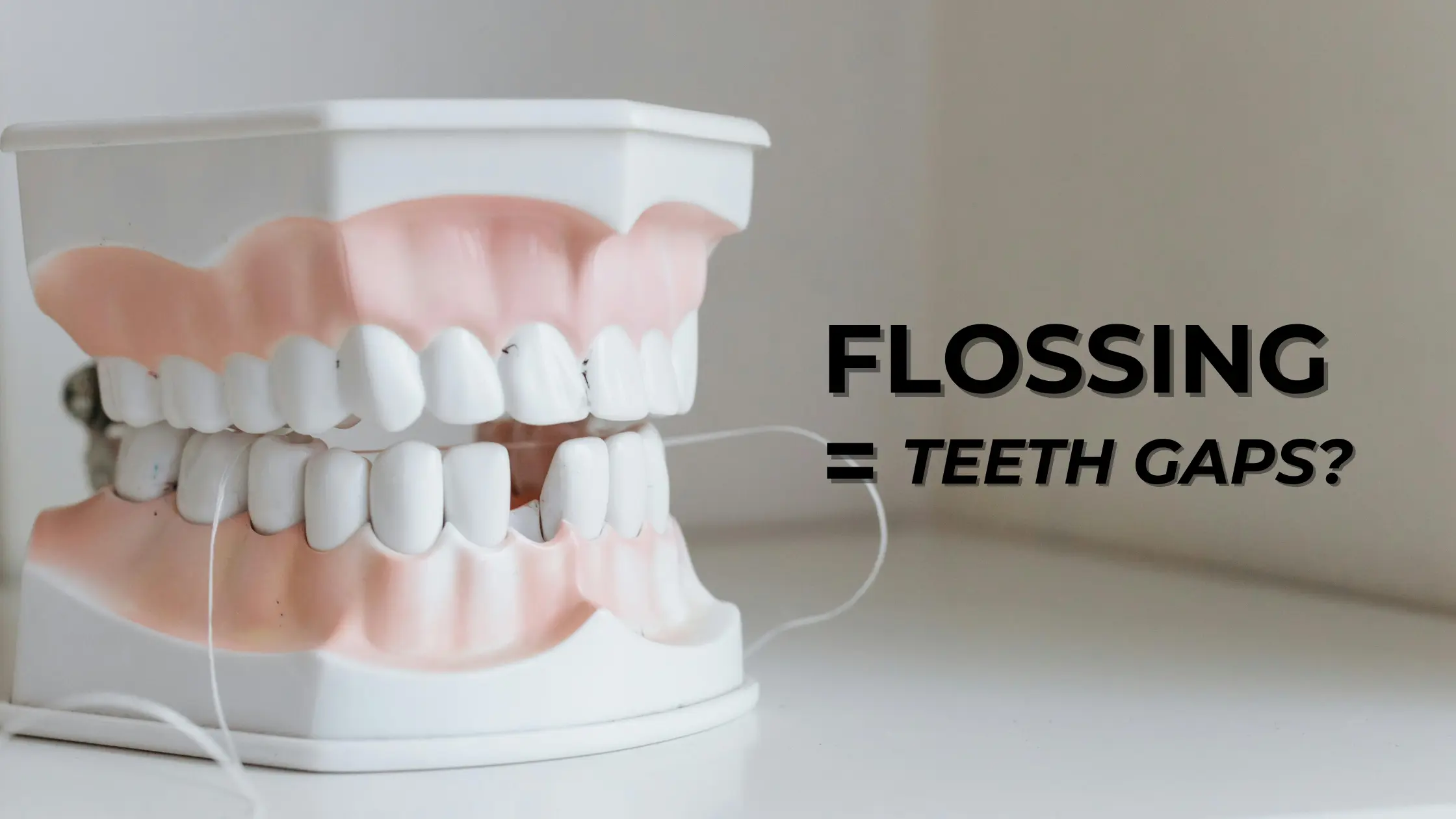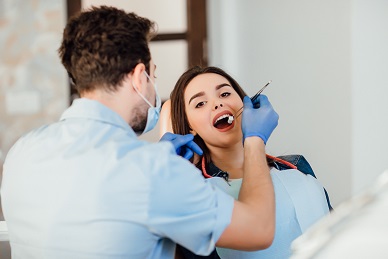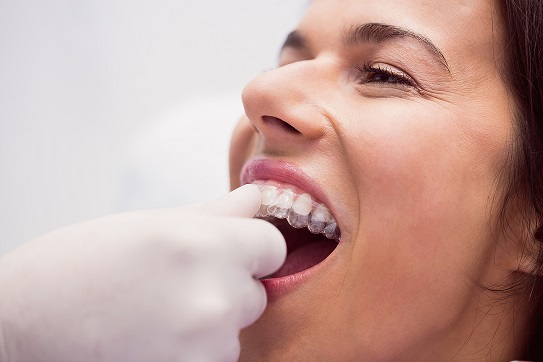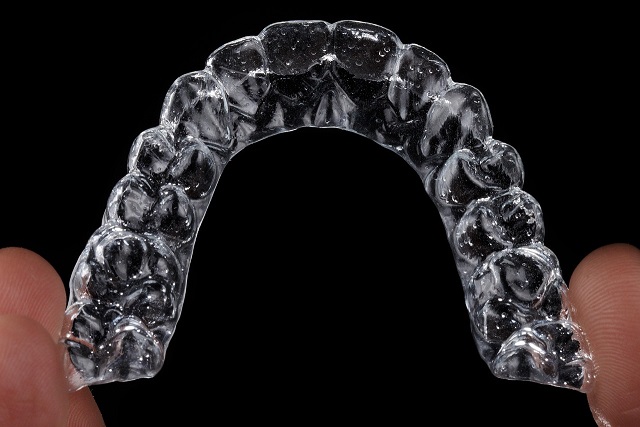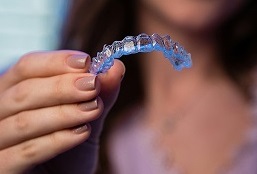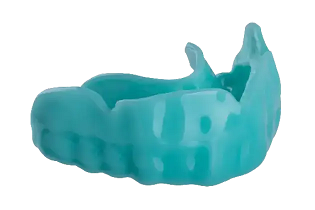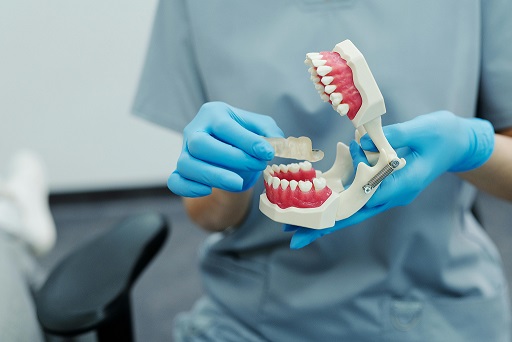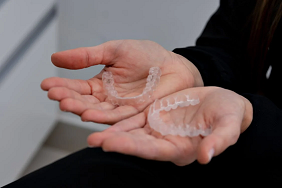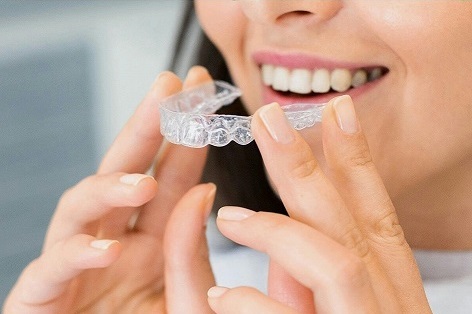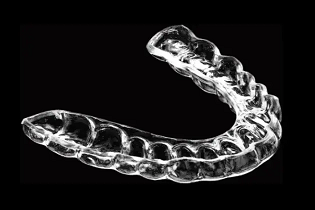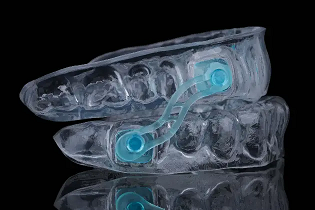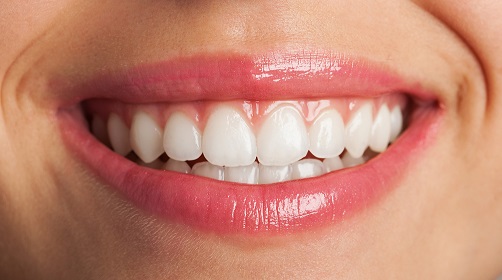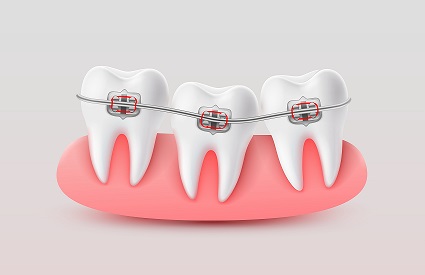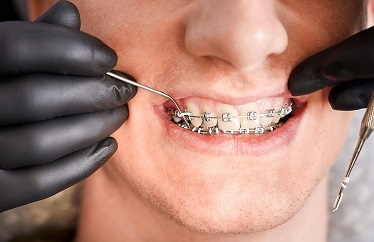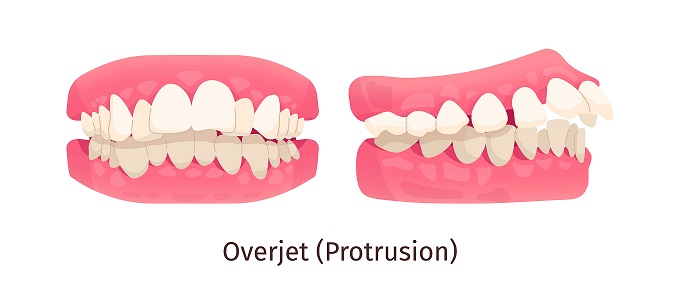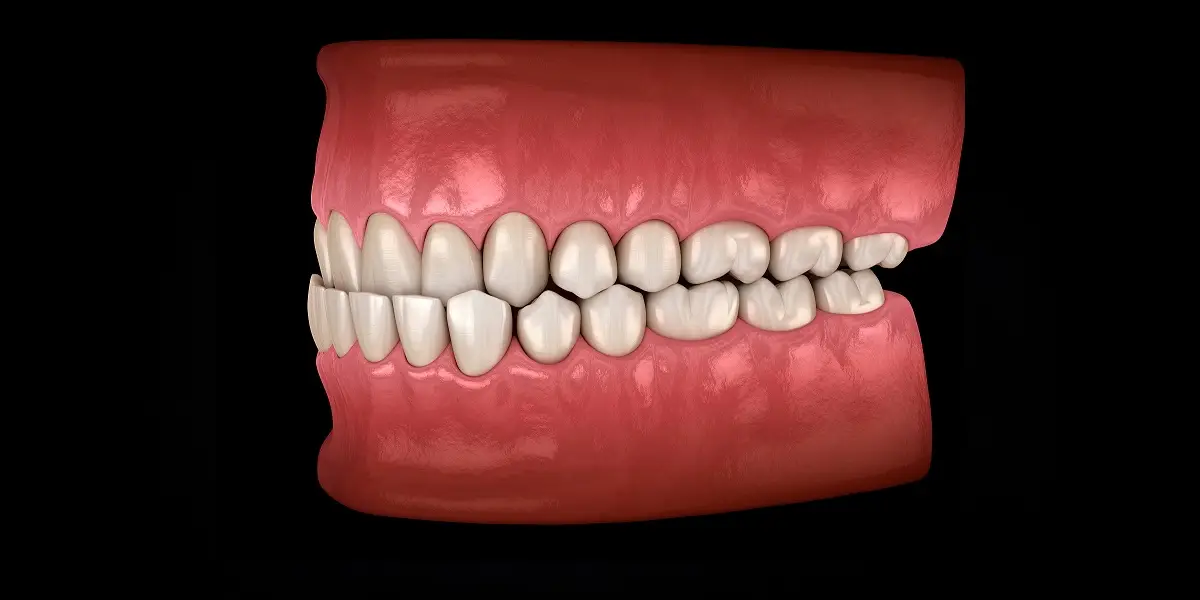
Publish on Jul 29, 2025
Underbite: Causes, Effects, and Treatment Options Explored
Introduction:
An underbite is a condition in which the bottom teeth are positioned forward compared to the upper teeth, creating the impression that the jaw is protruding from the mouth. Any misalignment of the teeth can hugely affect how an individual speaks, their appearance, and even their oral health. This article will explore every aspect of underbite teeth, from their causes and complications to their potential treatment options.
Understanding Underbite:
When the upper jaw is placed backwards or the lower jaw forward, the lower front teeth stand out beyond the upper front teeth, creating an underbite. The imbalance in the bite caused by this issue affects how the teeth come together when the mouth is closed. A normal bite, an overbite, and an underbite can all be distinguished, which is needed to identify and treat this problem efficiently.
Causes of Underbite:
Family History:
Family history plays an important role as a factor that can cause underbite teeth. There is a greater chance that future generations will have underbites if parents or close relatives do.
Jaw & Bone Structure:
The irregular growth of the lower jawbone can occasionally cause an underbite. It might happen due to genetic and environmental influences on the growing body.
Habits:
Children who practice thumb-sucking for multiple years, use pacifiers, or even bottle feed after a certain age might face jaw development issues and have an underbite.
Injury:
Any injury or pathology in the jaws can cause it to heal or form incorrectly, resulting in different types of jaw misalignments. Underbite is a possible misalignment in such conditions.
Effects of Underbite:
Aesthetics:
An underbite can negatively impact a person's confidence and self-esteem, which can alter how their face and smile look.
Dental Problems:
An underbite can cause the teeth to wear off unevenly. This makes them prone to cavities and gum disease. Areas of the mouth that cannot be accessed easily can be challenging to clean properly.
Speech Issues:
Underbites can cause speaking problems as they affect the tongue and teeth interaction, resulting in speech issues and perhaps impacting communication.
Eating and Digestion:
A misaligned bite might make it more difficult to properly chew food, resulting in digestive problems because the food isn't broken down either.
Identifying an Underbite:
Dental Assessment:
A Dentist will examine the position of the jaws while the mouth is closed and the alignment of the teeth for a proper dental assessment of your case.
X-rays and Imaging:
These diagnostic instruments assist in determining the degree of the underbite, the placement of the jaws, and any probable underlying conditions.
Dental Analysis by Orthodontists:
An orthodontist specializes in bite and alignment problems. They can offer perceptions of available therapies and suggest a suitable strategy for underbite cases.
Options for Underbite Treatment:
Orthodontic Therapies:
Braces: Traditional metal braces can be used to realign the teeth gradually.
Headgear: This device is frequently used on young children to guide jaw development and address bite problems.
Clear Aligners: Clear Aligners are becoming a popular treatment mode with doctors and patients as they provide hassle-free treatment. These aligners are custom-made and designed with the latest technology to suit the needs of the patient. Illusion Aligners is one of the leading brands that provide efficient, safe and advanced aligners for the treatment of various cases, including underbite.
Surgical Procedures:
Jaw Surgery (Orthognathic Surgery): In extreme circumstances, surgery may be required to realign the jawbones and relocate them.
Detection and Prevention at an Early Age:
Children:
Functional appliances, such as expanders, can guide jaw growth and prevent the underbite from worsening.
Speech Treatment:
Speech therapy can help people with underbite-related speech issues communicate.
Lifestyle Modifications:
An underbite can be avoided by breaking bad habits like thumb sucking or pacifier use at a young age.
Taking Preventive Actions:
Early Dental Consultation:
Parents must arrange for their kids to have an orthodontic evaluation at a young age. Bite problems can be identified and treated early, preventing more severe concerns later.
Oral Care:
Good Dental hygiene is crucial for preventing related dental issues. Regular brushing, flossing, and dental visits are necessary to maintain good oral health.
Monitoring Habits:
It is advisable to avoid the possible development of underbites by keeping a check on the habits of children. Parents should watch over and regulate their children's oral habits, such as thumb sucking or prolonged pacifier use.
Dealing with an Underbite:
Emotional and Mental Stress:
Underbite can have emotional repercussions, especially on one's self-esteem and perception of one's body. Addressing these feelings and, if necessary, obtaining support are essential.
Support:
People coping with the emotional effects of an underbite may find it helpful to seek professional assistance. Counselling and resources for mental health can help with managing these difficulties.
Summary:
An underbite is often associated with class iii malocclusion, where the lower teeth extend ahead of the upper teeth, causing the teeth and jaw to misalign. This condition can not only affect a person’s appearance but also lead to other dental conditions like tooth decay due to difficulty in cleaning the misaligned teeth properly. In some cases, an underbite may contribute to issues like sleep apnea or mouth breathing, as the jaw’s position can impact airflow during sleep. If there is a delay to correct an underbite, the underbite may worsen, leading to further complications such as temporomandibular joint disorder (TMD), which affects the jaw joints. The best way to fix an underbite is to work with a medical professional to develop a personalized treatment plan that could include orthodontic treatments like braces or clear aligners, or, in severe cases, surgery to pull the upper jaw forward. Early intervention is key in preventing the underbite from worsening and affecting overall health.
Consult Dental Experts for an accurate evaluation and advice if you or a loved one has an underbite. Modern surgical and orthodontic methods efficiently treat underbites and enhance oral health and appearance. Remember that taking action and asking for help can improve your general quality of life and your smile.
Medically Reviewed By Dr Jaineel Parekh, MDS orthodontics
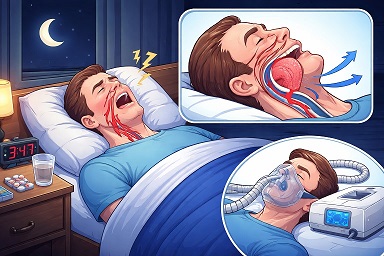
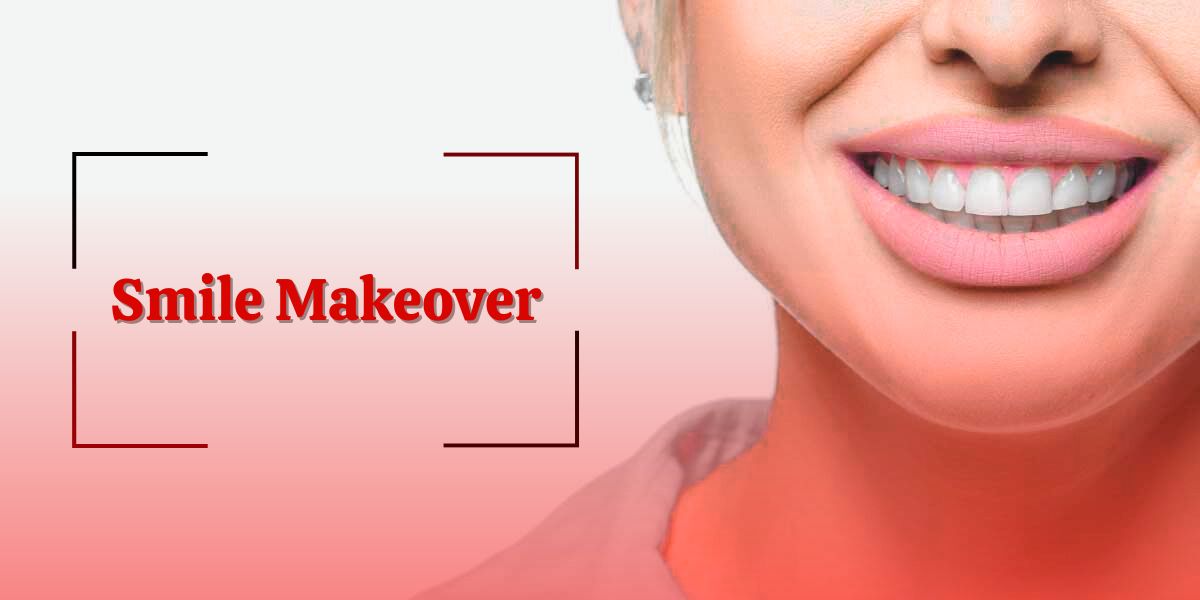

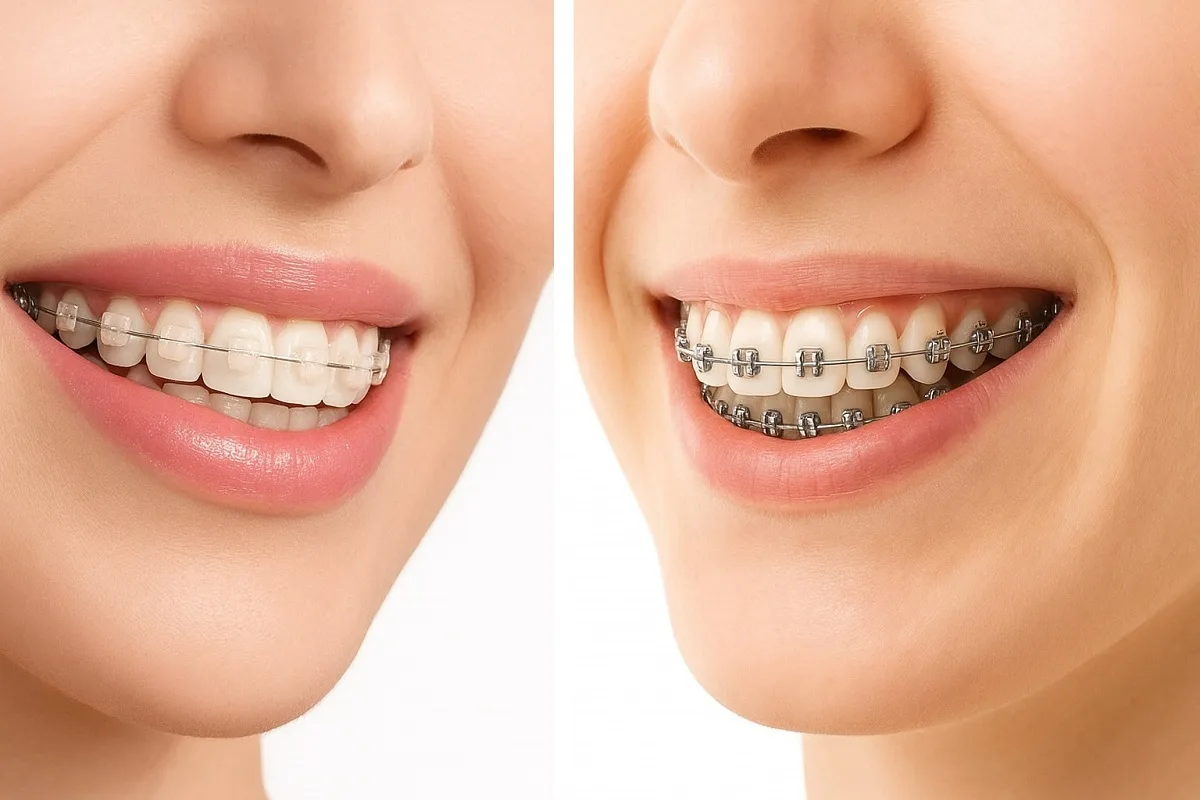
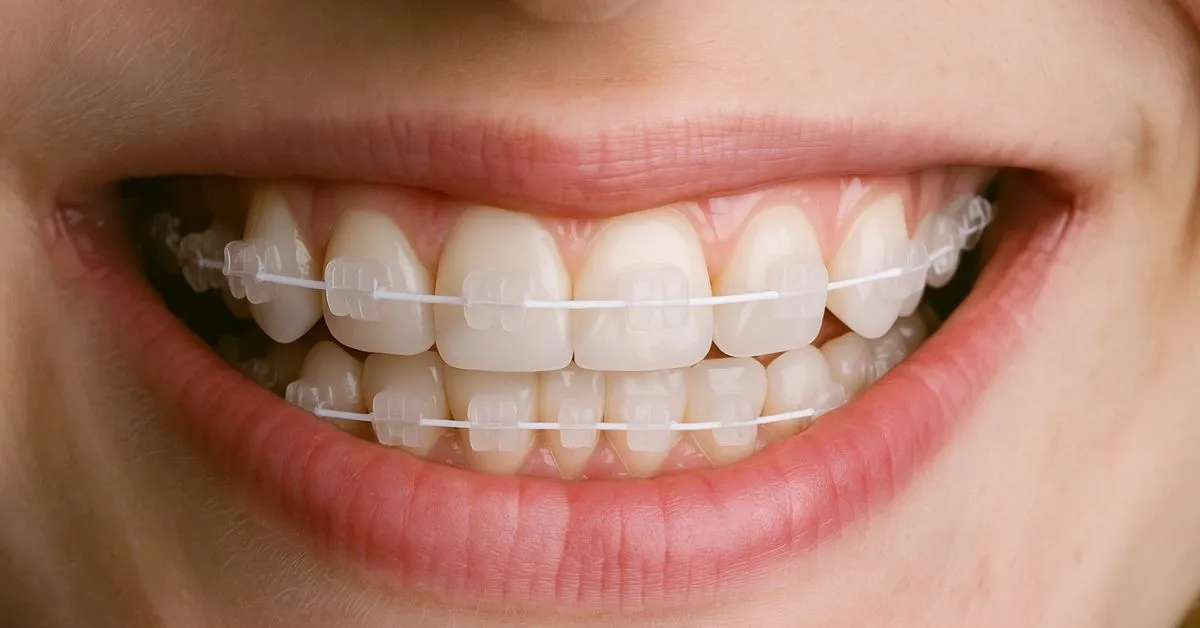
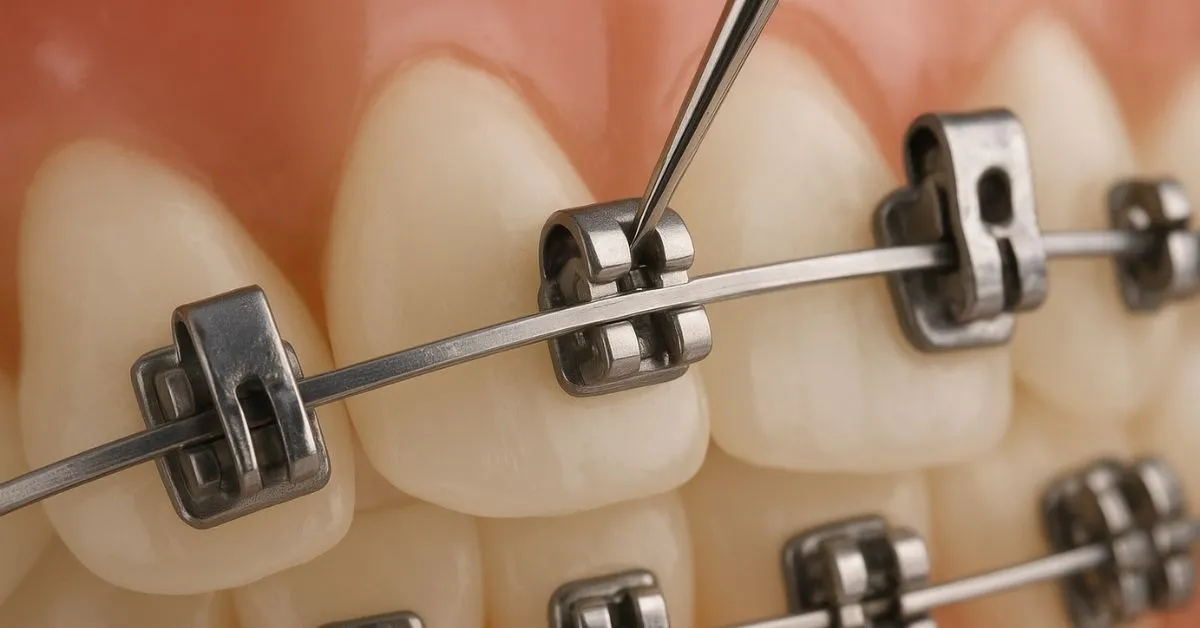
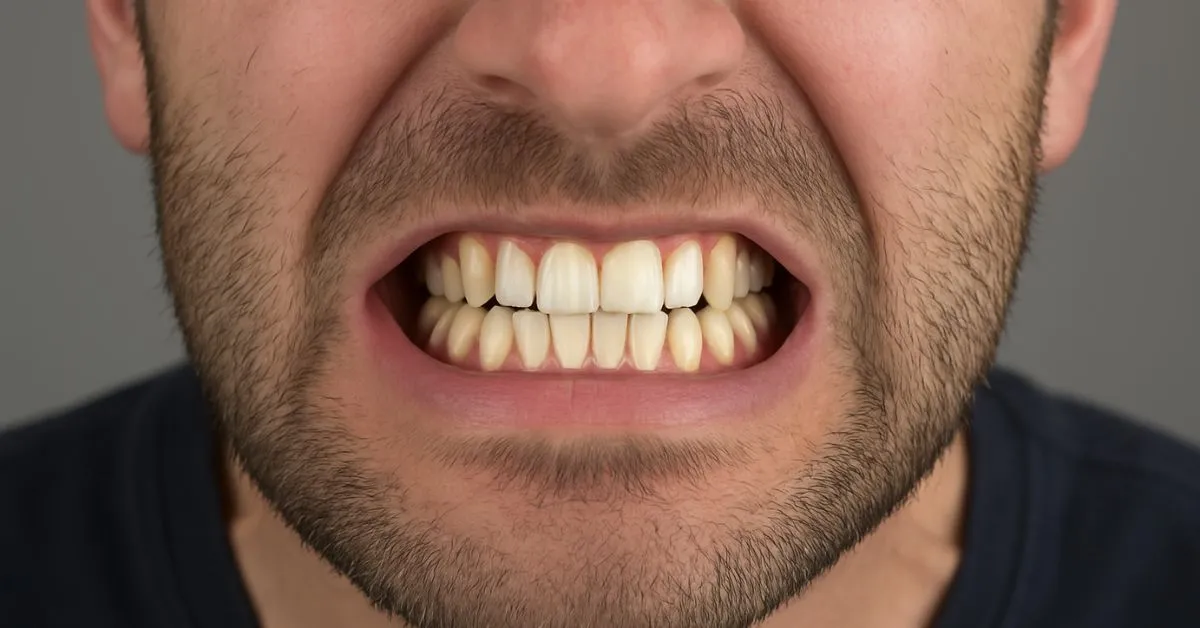
.webp
)
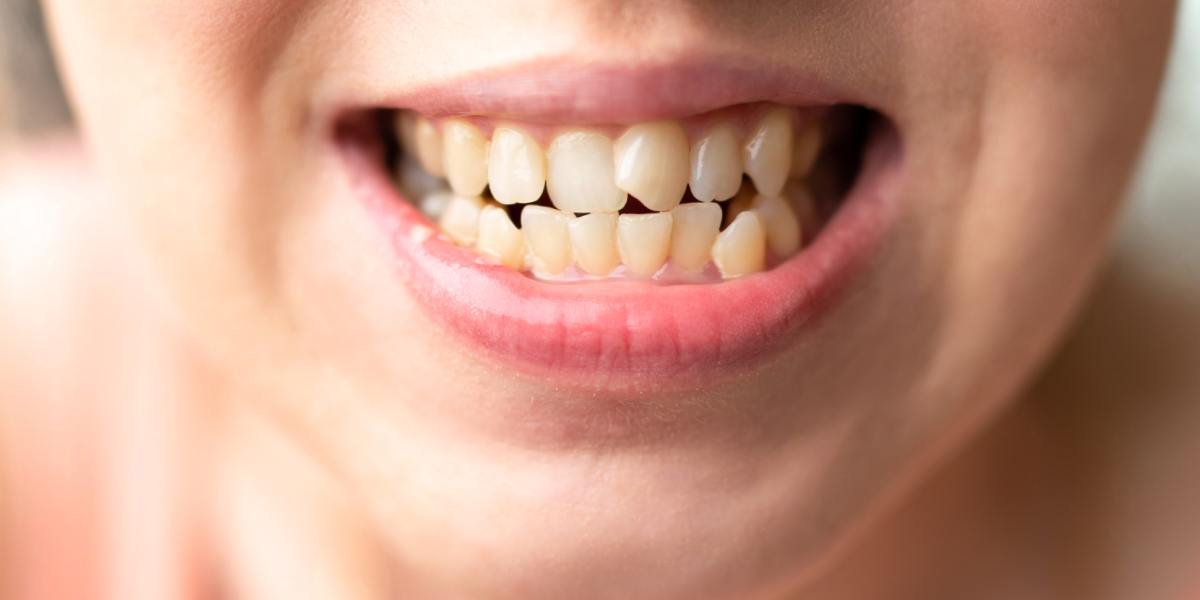
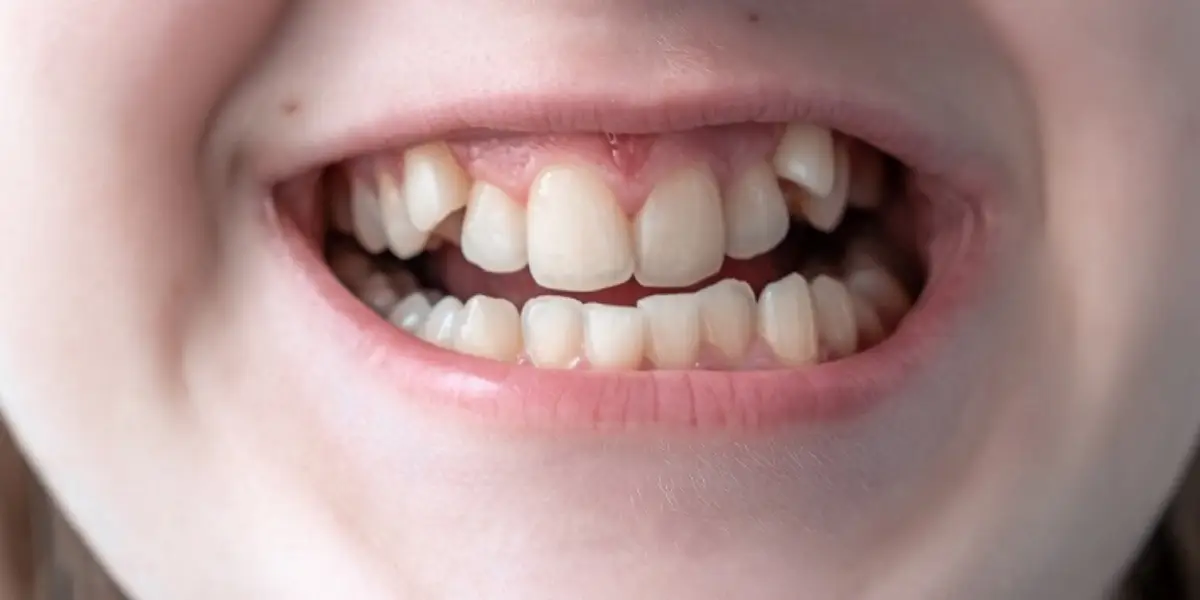
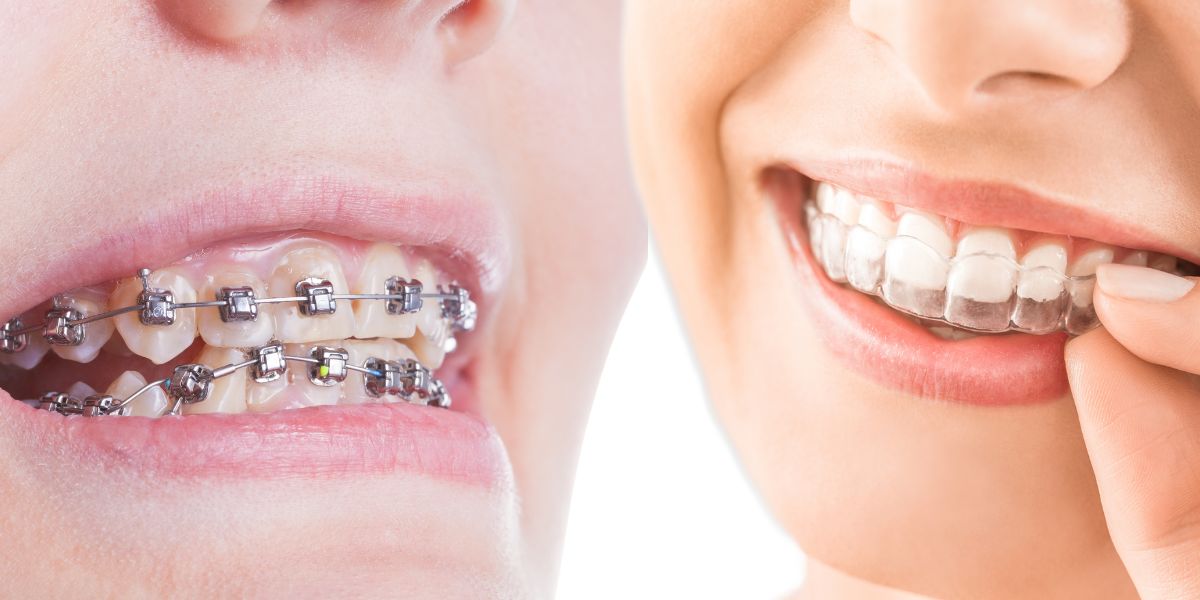
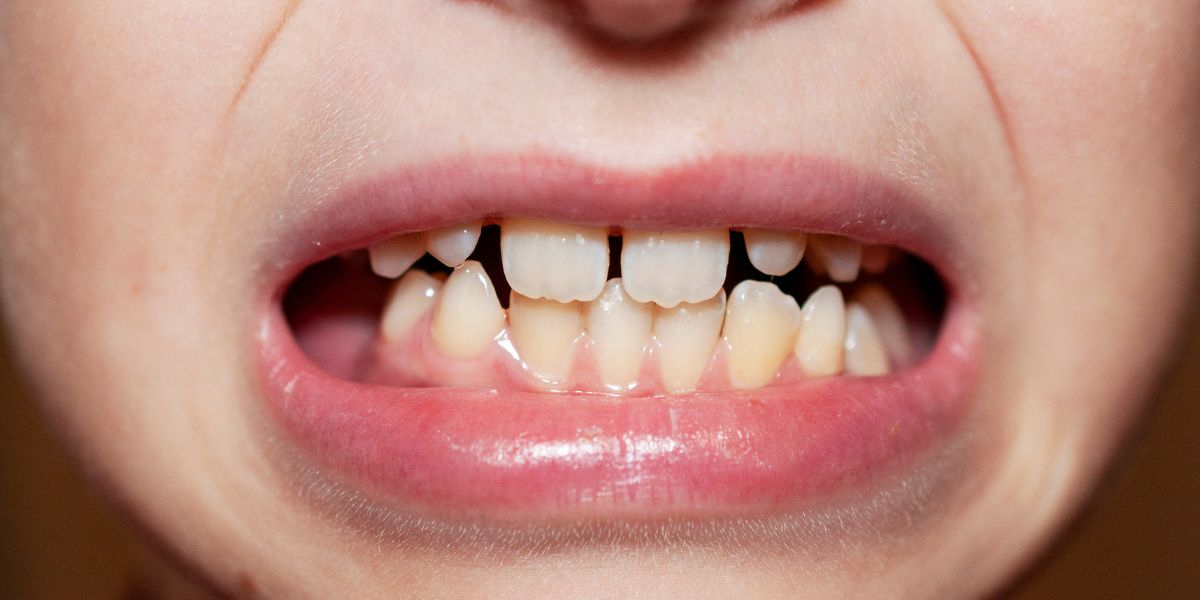
.jpg)
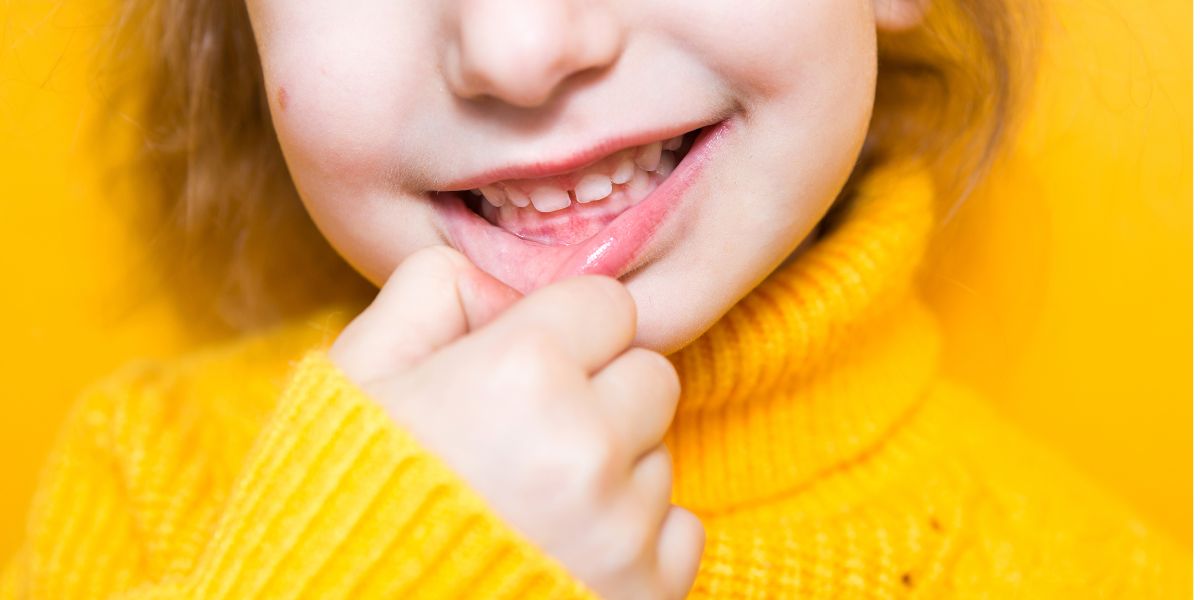
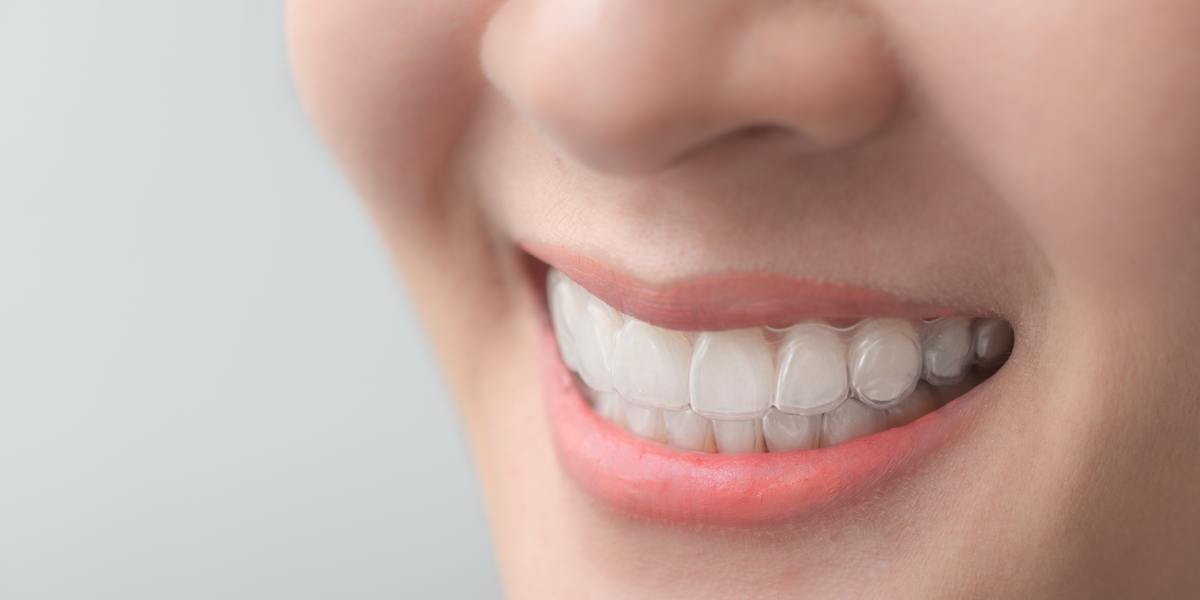

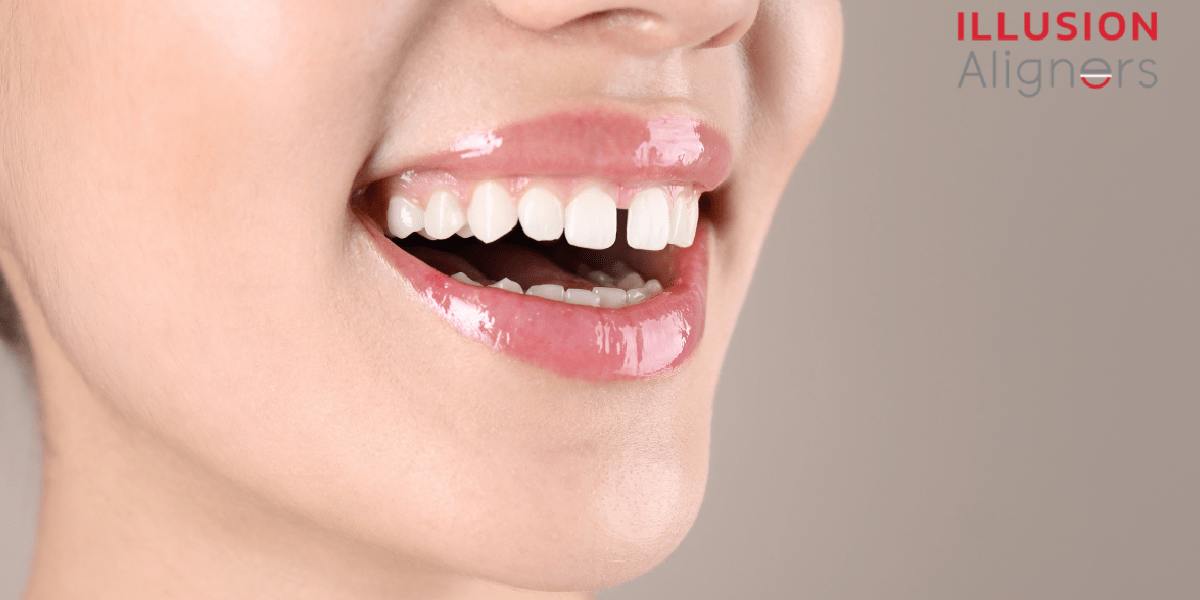
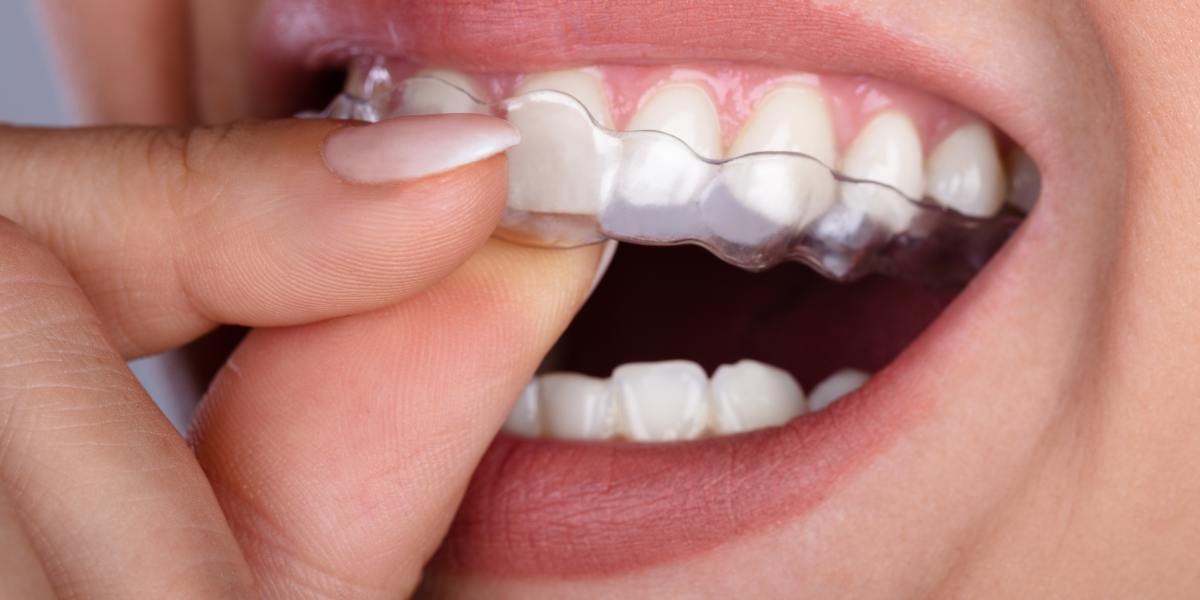
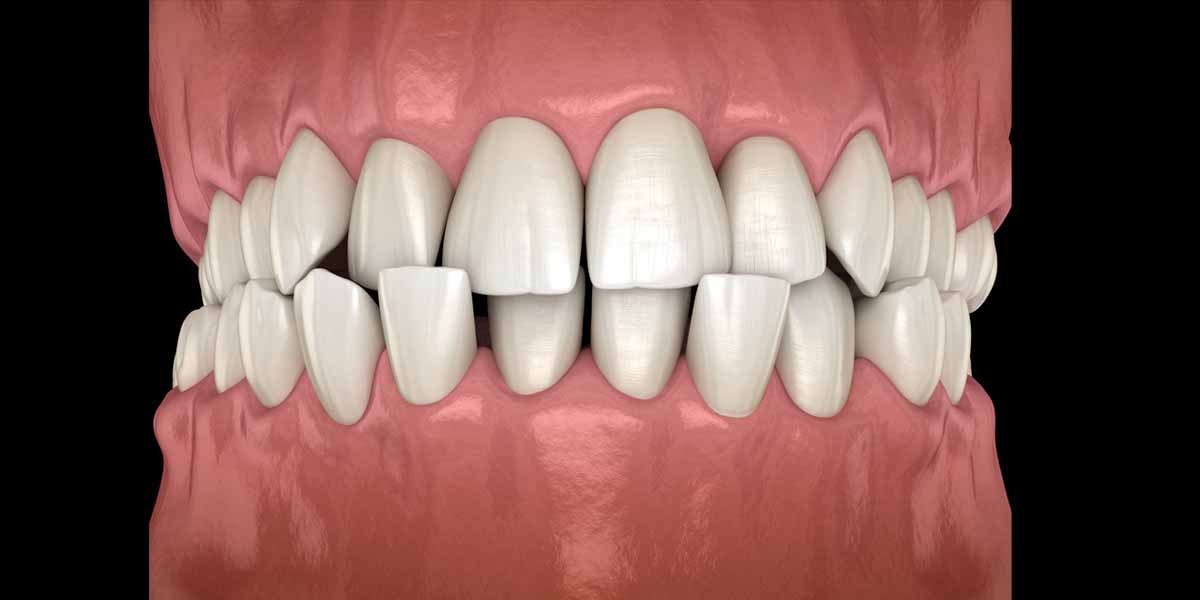
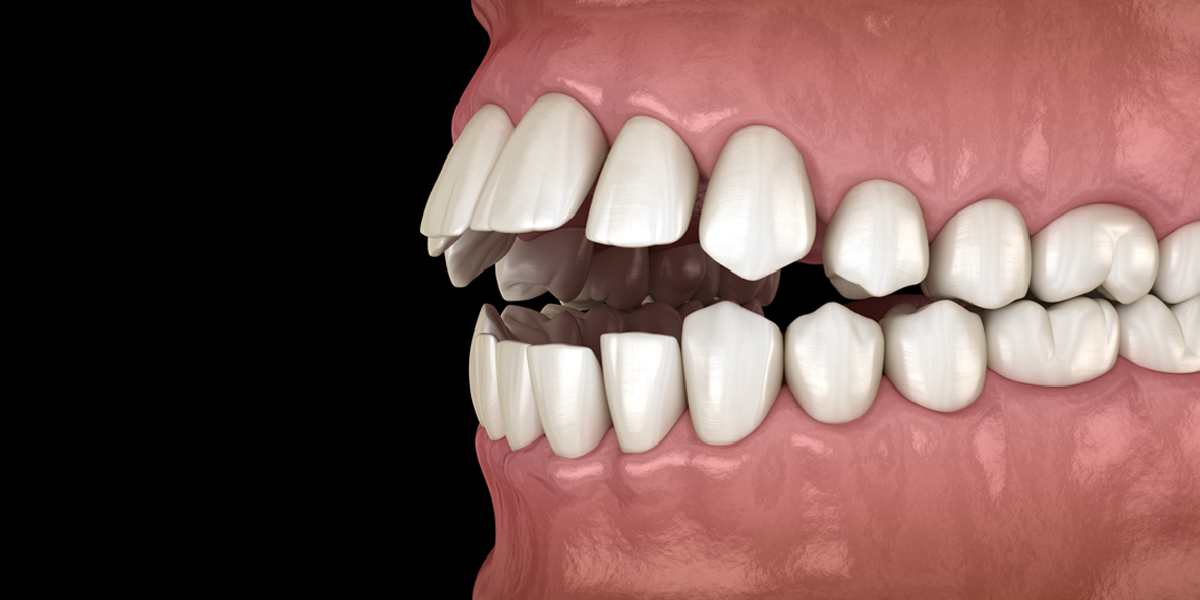
2.jpg)
